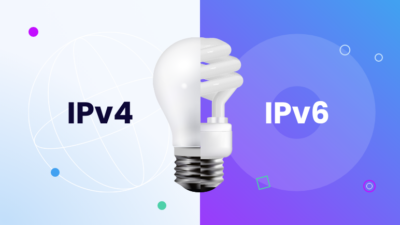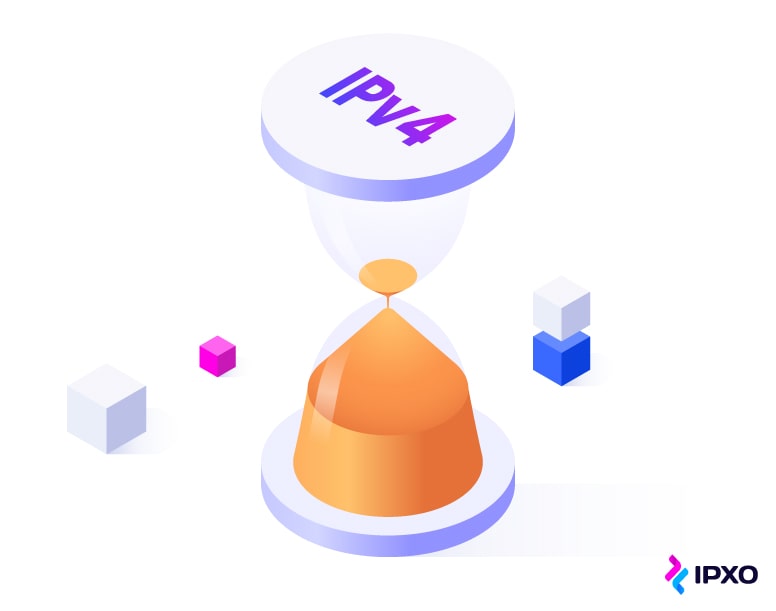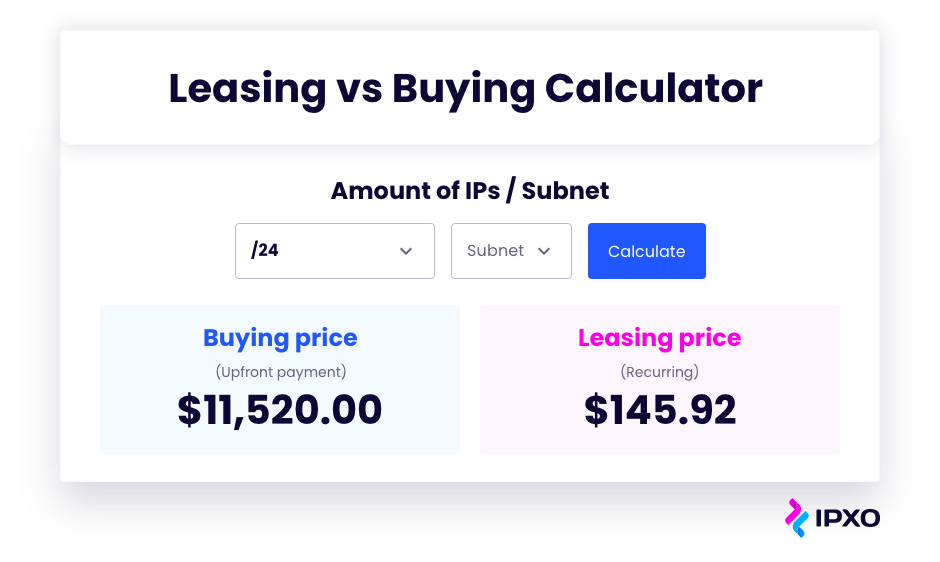IPv4 Lease: Is It a Scalable Option?
What is IPv4 leasing and when did it emerge? How is leasing beneficial for both IP holders and IP lessees? Can we scale IP leasing? Keep reading to find answers to all of these questions.

About the author
Table of contents
Related reading

Open Internet and IP Address Management
Embrace the Open Internet's principles and navigate the evolving landscape of IP address management. Discover how we're adapting to new realities at IPXO, empowering you with access to IP…
Read more
The Evolution of Route Origin Authorization: Insights from IPXO’s Half-Year Journey
Discover the transformative power of Route Origin Authorization and fortify your network's security and efficiency with valuable insights from IPXO's mid-2023 journey.
Read more
What Is More Energy-Efficient: IPv4 or IPv6?
The transition to IPv6 holds the potential to reduce global energy consumption and foster a sustainable future in networking. However, the slow adoption rates of IPv6 have prompted alternative…
Read moreSubscribe to the IPXO email and don’t miss any news!




